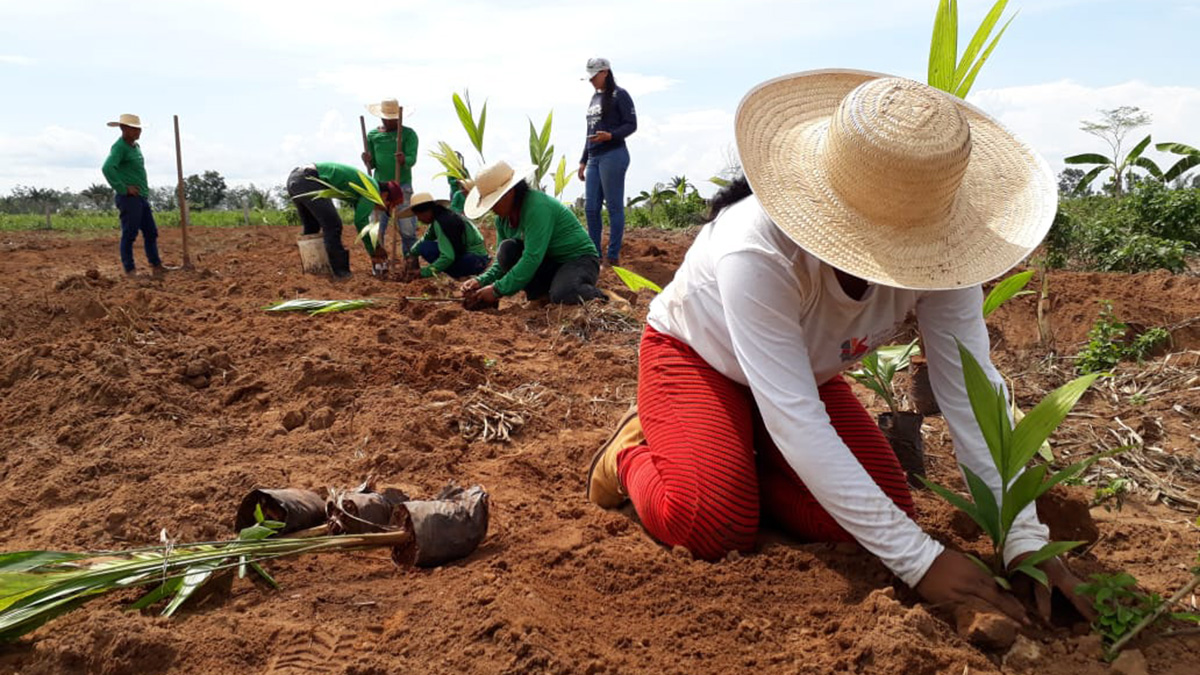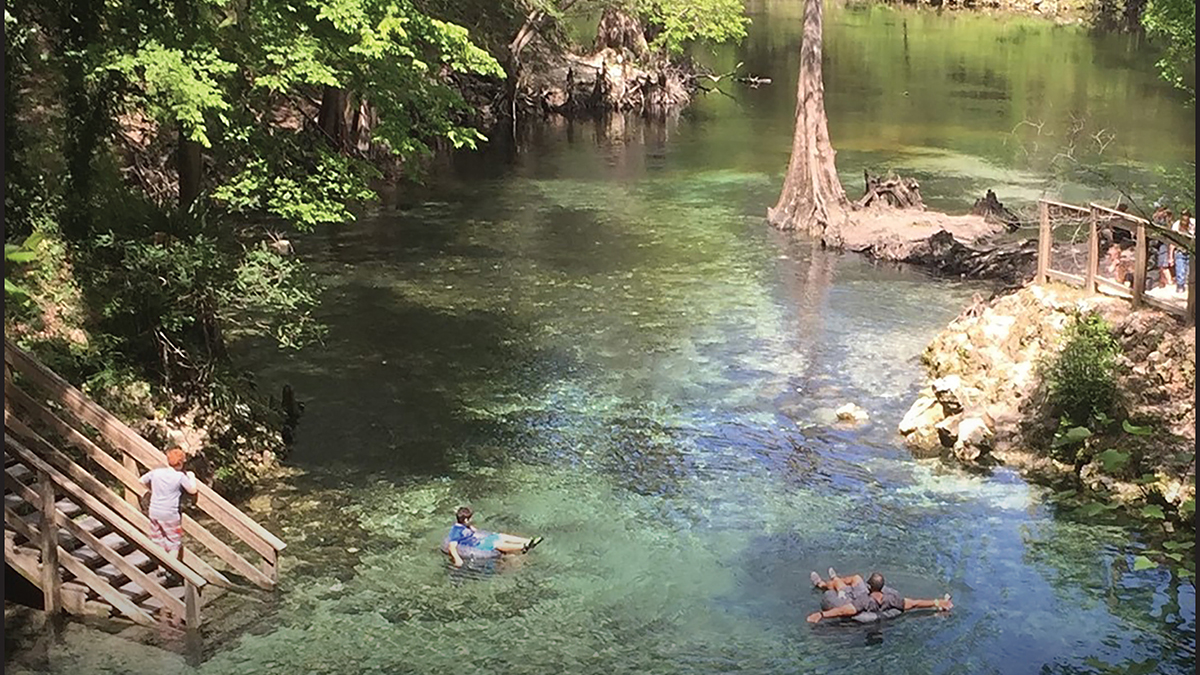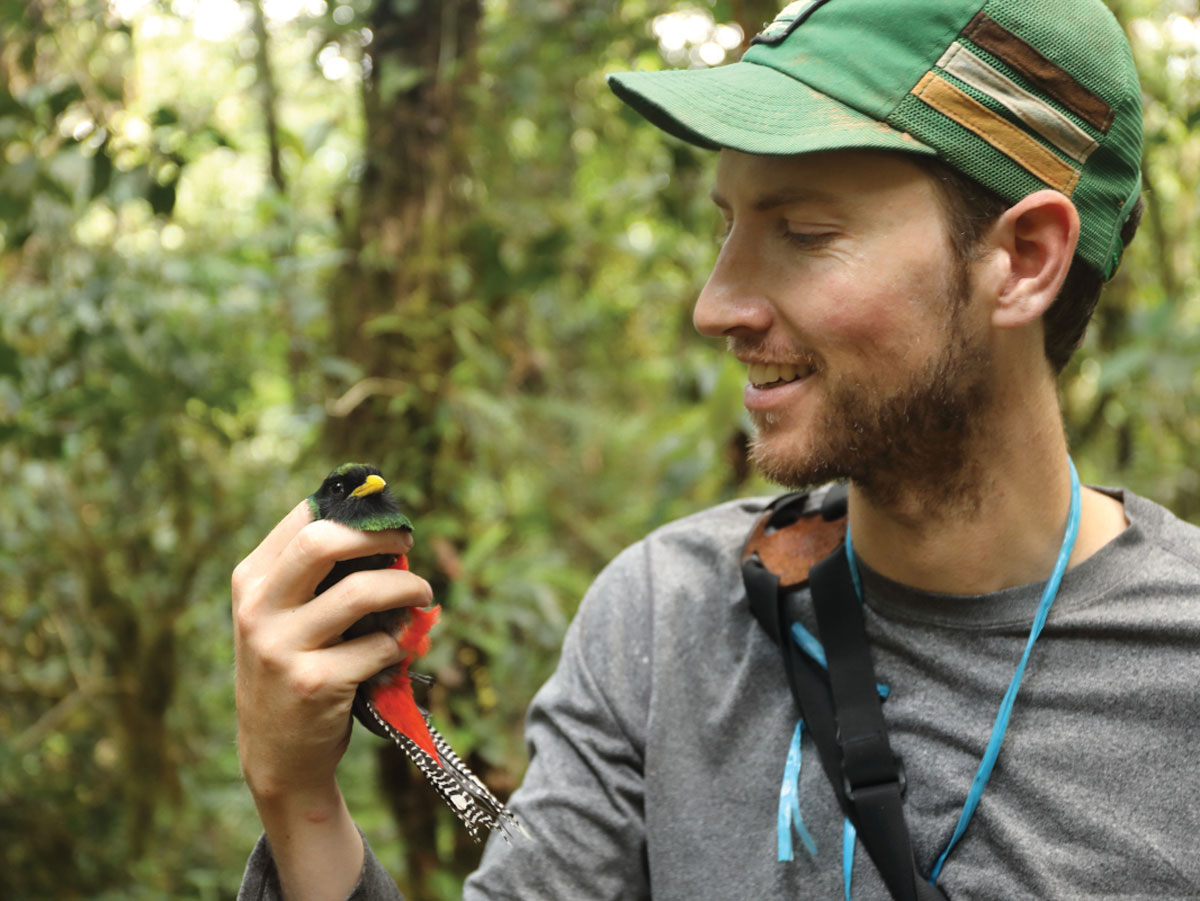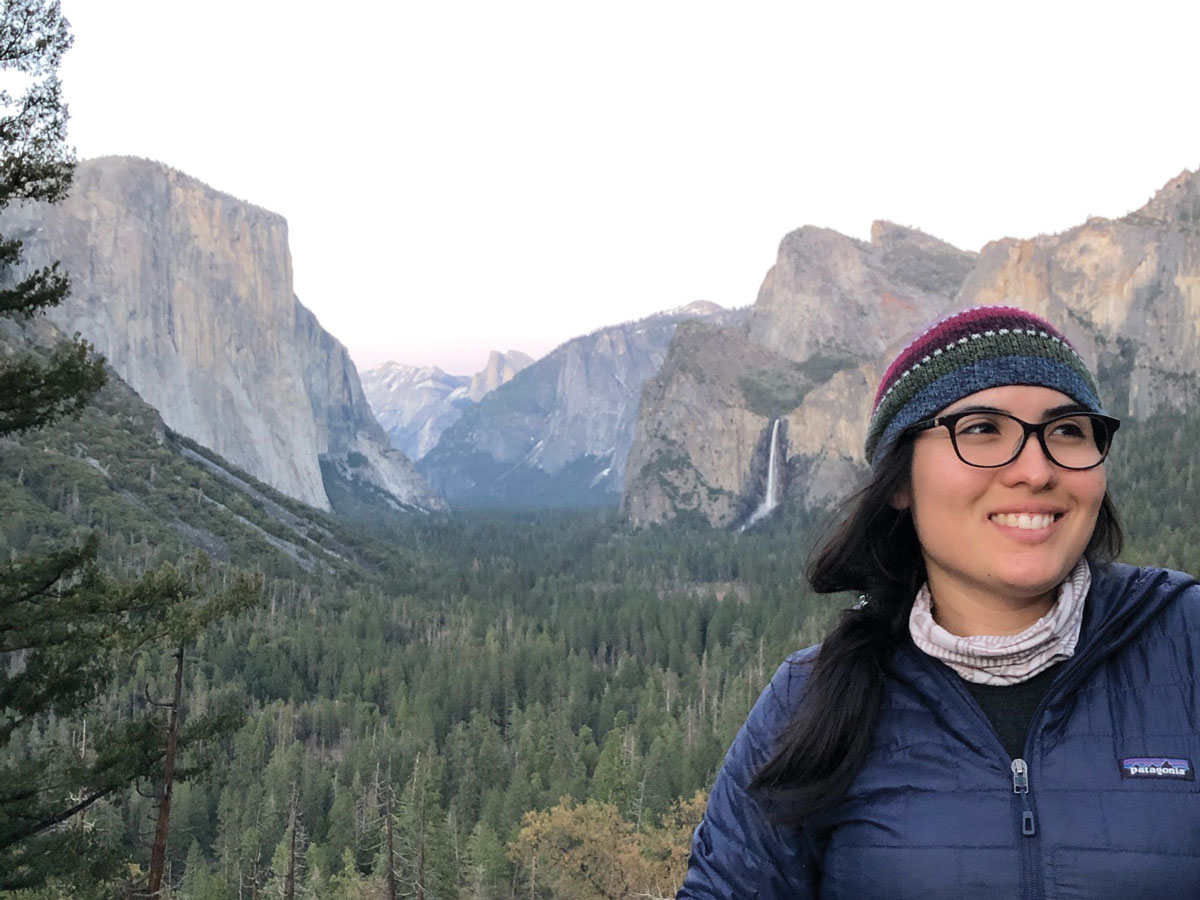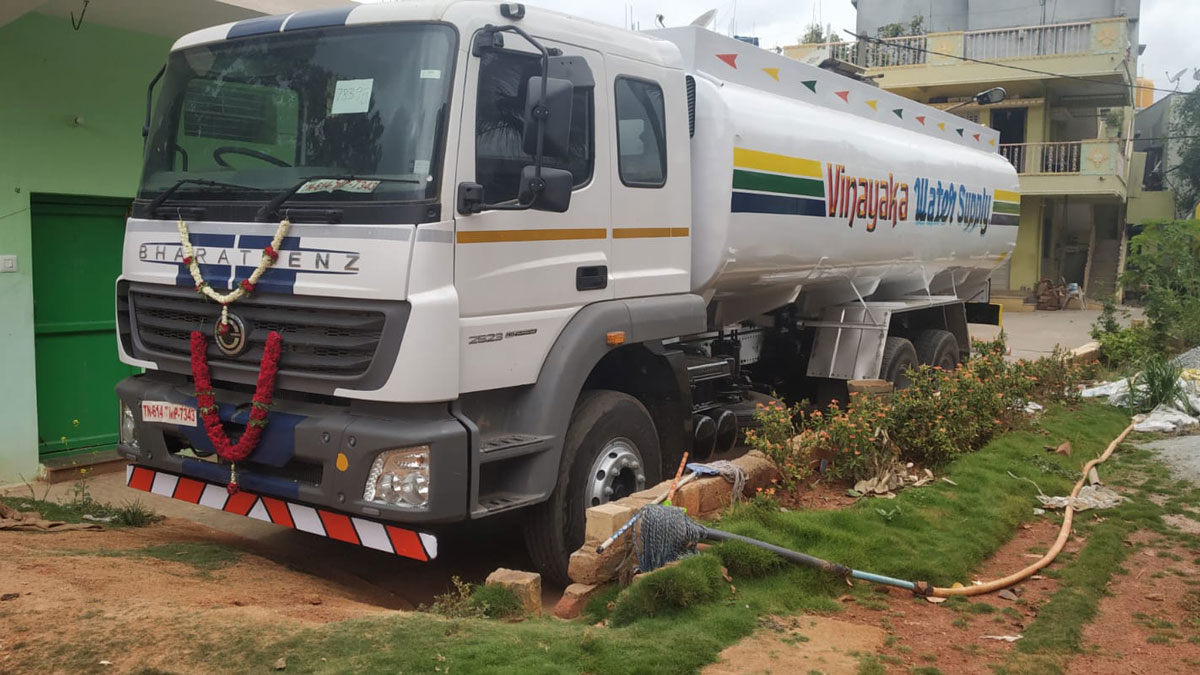Over the course of a decade, farmers growing corn and soybeans in the U.S. Midwest increased their adoption of cover cropping—a tenet of so-called conservation agriculture—by fourfold.
conservation
El conocimiento tradicional es esencial para la sustentabilidad en el Amazonas
Durante la COP26, el Panel Científico por la Amazonia enfatiza la necesidad del conocimiento indígena y local para orientar las recomendaciones científicas y políticas.
The Importance of Springs and Why Humanity Needs to Protect Them
A new book explores why springs are critical for humanity and ecosystems, the threats they are facing, and how we can act now to protect and restore them.
Lake Sediments Record North Carolina’s Coal Legacy
Coal ash–polluted lakes are in residential and recreational areas, invoking concern for the health of local residents and ecosystems.
Wetlands on the Farm: Potent, Nutrient-Capturing Tools in (Relatively) Small Packages
Constructed wetlands can significantly reduce water pollution from tile-drained farms.
Building Resilience in the Face of a Dwindling Colorado River
Policymakers, industry and conservation professionals, and tribal members explore pathways to a sustainable future for the millions of people reliant on the “lifeblood of the American West.”
Benjamin Freeman: Slowing Birds’ “Escalator to Extinction”
From Bolivia to Peru, Freeman researches how a warming world affects tropical birds.
Jimena Díaz Leiva: Changing Conservation Narratives
Díaz Leiva has been to Peru and beyond as she works on environmental and social justice projects.
Emil Cherrington: Bringing Satellite Data Down to Earth
Showing how eyes in the sky can help people on the ground.
Deploying Community Water Solutions with People, for People
Guiding principles and strategies for solving local water availability problems in India have emerged from collaborations involving water users, water experts, and water solutions providers.


